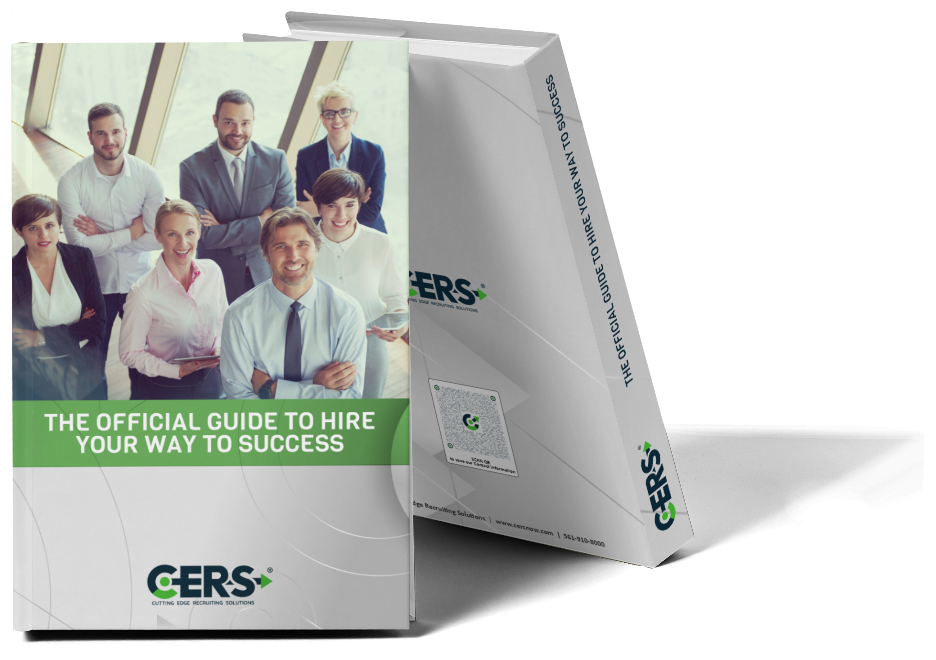Your resume has only a few seconds to impress – or to end up in the trash. Below you will find several tips and common areas of concern to help you navigate the revision or creation of your resume.
A strong resume needs a solid foundation, great organization and, most importantly, CONTENT. Take some time to prepare the content before writing your resume. Identify your skills, interests, achievements and career goals before putting the document together. Keep in mind that most recruiters and hiring managers are looking at your skills for a specific job. It is always a good idea to have several versions of your resume or to tailor your experience to a specific job opening. Consider that experienced recruiters will look at your recent work history before anything else. If you do not meet the criteria, you will often not be selected to interview. Having important keywords within the body of your resume, not just under your summary or skills section, are essential to getting noticed quickly.
-
Length:
Your resume should never be more than 3 pages long and if you have less than 5 years relevant experience 1 page. Refrain from listing non-related experience or college jobs unless they are applicable to the position your are interviewing for.
-
Format:
Your resume should be clear, concise, and appear to read more like an outline than a book. Most hiring managers or recruiting professionals prefer electronic documents so that either they, or their managers, may upload your data into a contact management system for follow-up. Word or PDF formats are most common and easy to access. Critical parts of a well written resume are explained below.
-
Cover Letters or Executive Summary:
At CERS we review thousands of resumes a day and it is our opinion that anything you can do to separate yourself from other candidates is a good thing, so a STRONG cover letter is effective. The goal is simply to excite the reader to review your entire resume in a page or less.
The cover letter should highlight the things you have done in the past and link them to the position description. This is a great time to positively address special circumstances like, gaps in employment or a short stay with an organization. Important; No excuses, but rather an explanation with positivity!
Avoid using 3rd party wording (such as John Doe has) and anything that may eliminate you from the hiring process without a live conversation. Items such as, salary info, percentage of travel, or home office requests should be saved until you have peaked interest levels.
-
Executive Summary:
Many successful job seekers will include an Executive Summary as their resume opener in lieu of a cover letter or Objective. This should tell a brief and concise story about your career, your successes, and achievements. This is the wrapping paper, if you will and shorter then a cover letter. Think a paragraph max. An example is:
“10 year Sales Manager with a track record of successful turn-around and start-up operations in the Financial Services Industry. Selected and led teams of 15 employees to land major Fortune 500 accounts generating revenues in excess of $4 billion. Was consistently recognized as the top Sales Manager in organization from 2006-2009.”Make sure that your Executive summary is supported by specific facts within the Work History section of your resume.
-
Work History:
List your experience chronologically; with your most recent job first. Remember these tips:
Emphasize your most important responsibilities even if they weren’t your primary duties. Make sure to format this section of your resume using bullet points! Use strong words like “achieved, streamlined, generated, led, launched, etc.” These words not only grab attention but they effectively sell your ability to bring these qualities to your next job.Impress employers with cause-effect relationships and tangible results. Quantify your achievements with percentages and numbers like “increased enrollment 20 percent” and “supervised three-person staff.” Be specific when it is called for. If you increased sales by 50% but only from $2000 to $3000, it is better to leave at “Increased sales by 50%”. If you increased sales from $50 million to $75 million, be specific. Be prepared to quantify these numbers in an interview scenario.
-
Skills/Interests:
Today’s workers are more tech-savvy than ever, so make sure you mention your technical and computer skills. List programming languages, software programs and operating systems you’ve used as well as certifications you have. Don’t forget “soft skills” like foreign languages and public speaking, mentoring and training employees, etc. From a recruiter’s perspective, if you list too many skills within a similar genre, this can be a turnoff. For example, if you are a .NET programmer, do not put Java, PHP, C++ or other programming languages in your skill summary that you have not worked with. Remember the position that you are pursuing and have your resume “pop” based on the required skill sets. Again, work history should support your skills, not confuse them.
Always include memberships in professional organizations, because it shows you’re serious about your career. Mentioning your interests is optional. Listing activities and hobbies can portray you as a well-rounded person, but it can raise eyebrows, too. Be careful what you list. If you spend your free time with your extensive bug collection, it would be advised to keep that to yourself.
-
Education:
List your most recent education first and work backward. State your degree, major, minor, and the school’s name and location. You may also want to add your GPA (if 3.0 or higher). If your degree is not completed, do not state that you have a degree. This is a sure fire way to have things go south in the midnight hour.
-
References:
Don’t waste valuable space on references. Employers assume you’ll provide them upon request.
Make sure you spell check and proof read your resume. Often times, errors in grammar will not get picked up by spell check for instance, spelling “There” when you meant to say “Their” would show poor attention to detail and, though a simple mistake, can remove you from consideration if detail is critical to successfully performing the job duties.
-
CERS Recommendations:
CERS recommends that you have a trusted friend or family member also proof read your document before submitting to anyone. We also recommend that you have several versions of your resume. If you were a Manager that was also “In the trenches”, you may want to have a resume that caters to Management positions and another that is more “hands on”. One of the biggest fears of employers is hiring someone that is overqualified and will not stick around.









